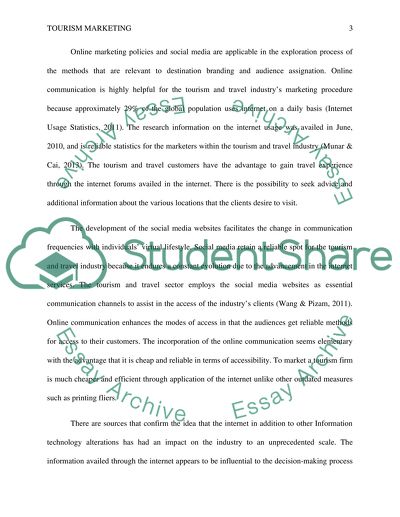Cite this document
(“TOURISM MARKETING Coursework Example | Topics and Well Written Essays - 1000 words”, n.d.)
Retrieved de https://studentshare.org/tourism/1484477-tourism-marketing
Retrieved de https://studentshare.org/tourism/1484477-tourism-marketing
(TOURISM MARKETING Coursework Example | Topics and Well Written Essays - 1000 Words)
https://studentshare.org/tourism/1484477-tourism-marketing.
https://studentshare.org/tourism/1484477-tourism-marketing.
“TOURISM MARKETING Coursework Example | Topics and Well Written Essays - 1000 Words”, n.d. https://studentshare.org/tourism/1484477-tourism-marketing.


